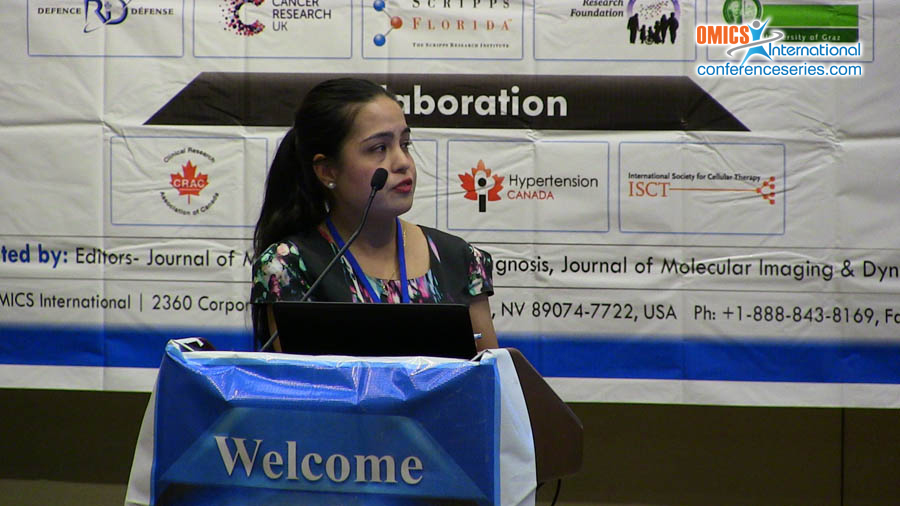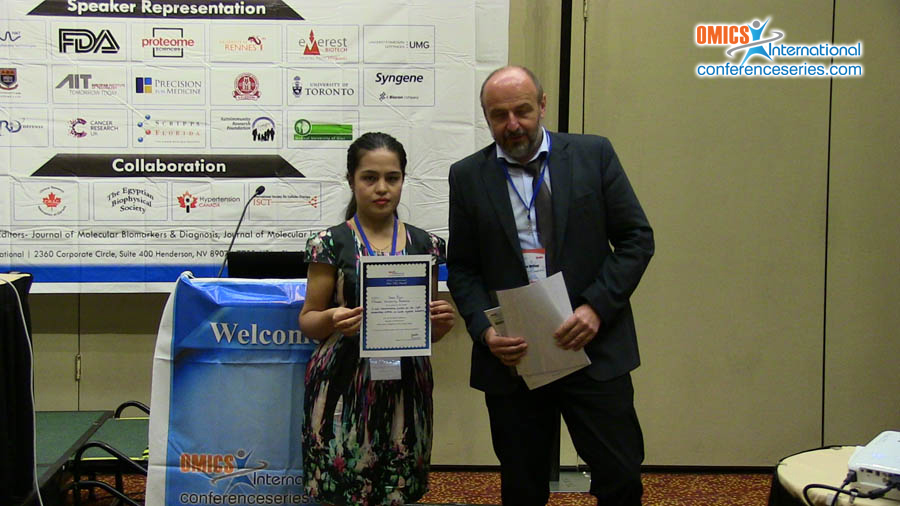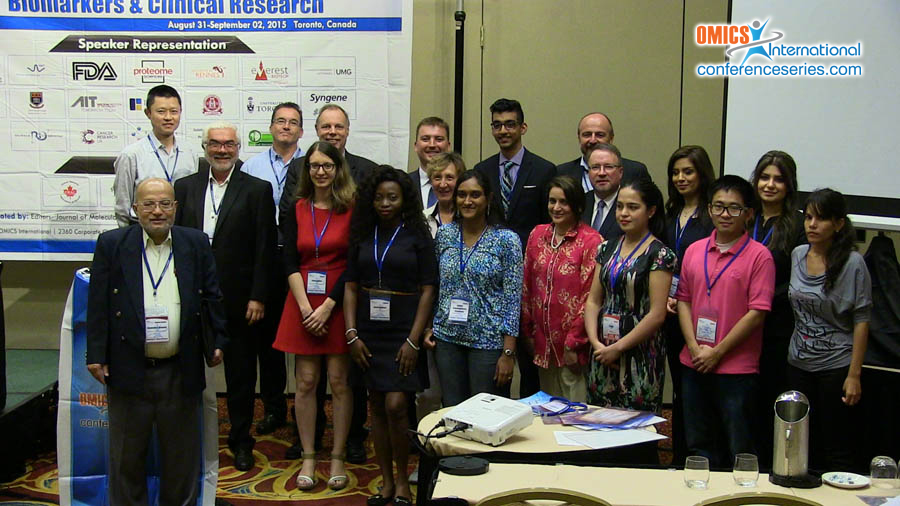
Sewa Rijal
Monash University, Australia
Title: Inositol polyphosphate 4-phosphatase II (INPP4B) is associated with chemo-resistance and poor outcome in AML
Biography
Biography: Sewa Rijal
Abstract
Acute Myeloid Leukemia (AML) is an aggressive blood cancer that is usually fatal within weeks without effective therapy. Current treatment with standard chemotherapy agents fail to elicit complete clinical responses in 20-30% of cases. An understanding of the mechanisms that mediate resistance to chemotherapy in AML may uncover new onco-proteins amenable to medicinal targeting. Activation of the phosphoinositide 3-kinase (PI3-K)/AKT pathway is prevalent in AML and linked to chemotherapy failure and poor outcomes. Homeostatic regulation of PI3K activity is orchestrated by a triad of lipid phosphatases, categorized functionally as 3-, 4-, or 5-phosphoinositide phosphatases. The biological relevance of most of these phosphoinositide phosphatases in acute myeloid leukemia (AML) remains poorly understood. Mass-spectrometry based gene expression profiling of 3-, 4- and 5-phosphatases in human AML revealed significant overexpression of INPP4B. Analysis of an expanded panel of 205 AML cases at diagnosis revealed INPP4B overexpression in association with reduced responses to chemotherapy, early relapse and poor overall survival independent of other risk factors. Ectopic overexpression of INPP4B conferred leukemic resistance to cytosine arabinoside (ara-C), daunorubicin and etoposide. Expression of a phosphatase inert variant (INPP4B C842A) failed to abrogate resistance of AML cells to chemotherapy in vitro or in vivo. In contrast, targeted suppression of endogenously overexpressed INPP4B by RNAi sensitized AML cell lines and primary AML to chemotherapy. These findings demonstrate a previously unsuspected and clinically relevant role for INPP4B gain-of-function as a mediator of chemo-resistance and poor survival outcome in AML independent of its phosphoinositide phosphatase function.



